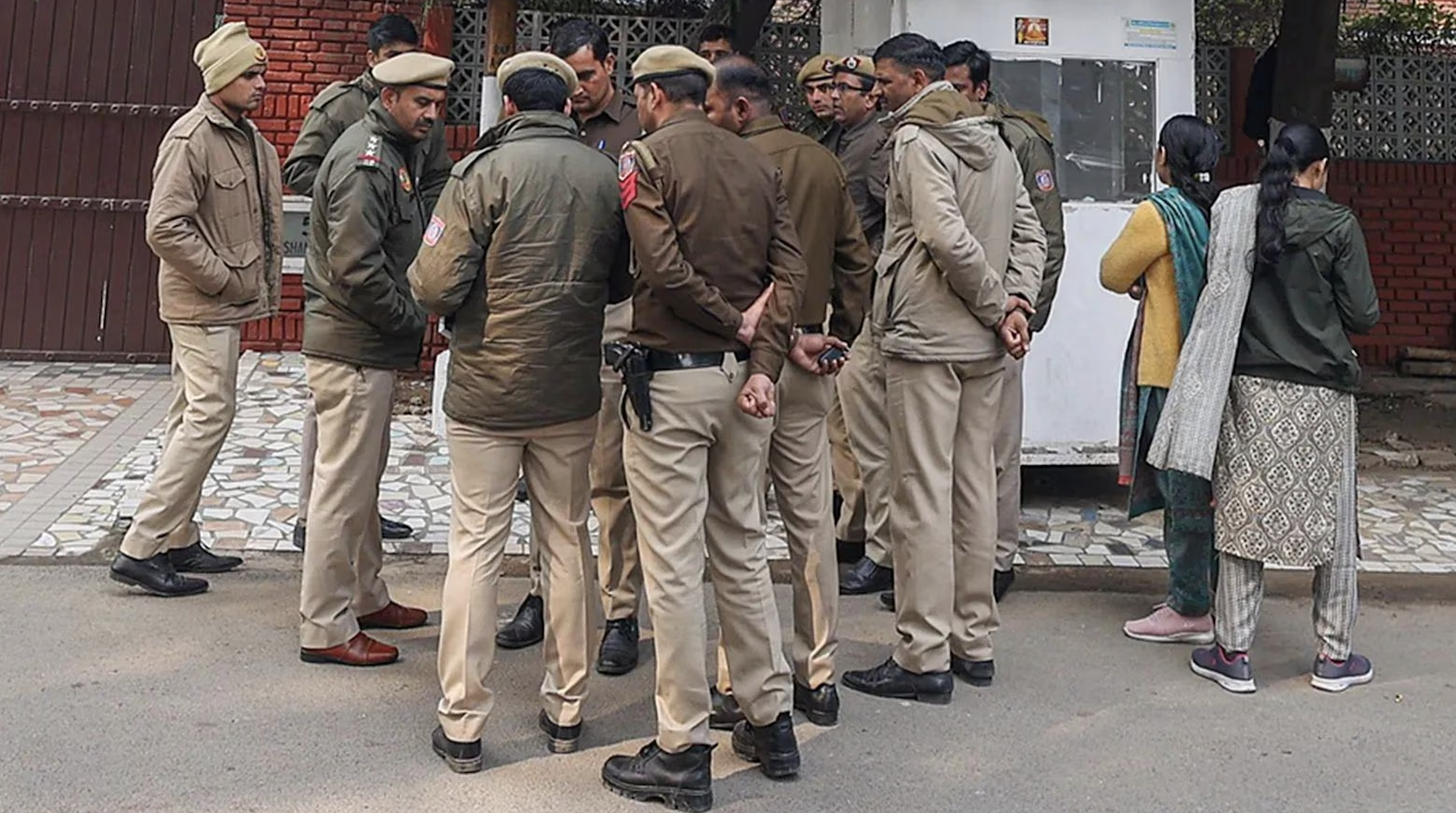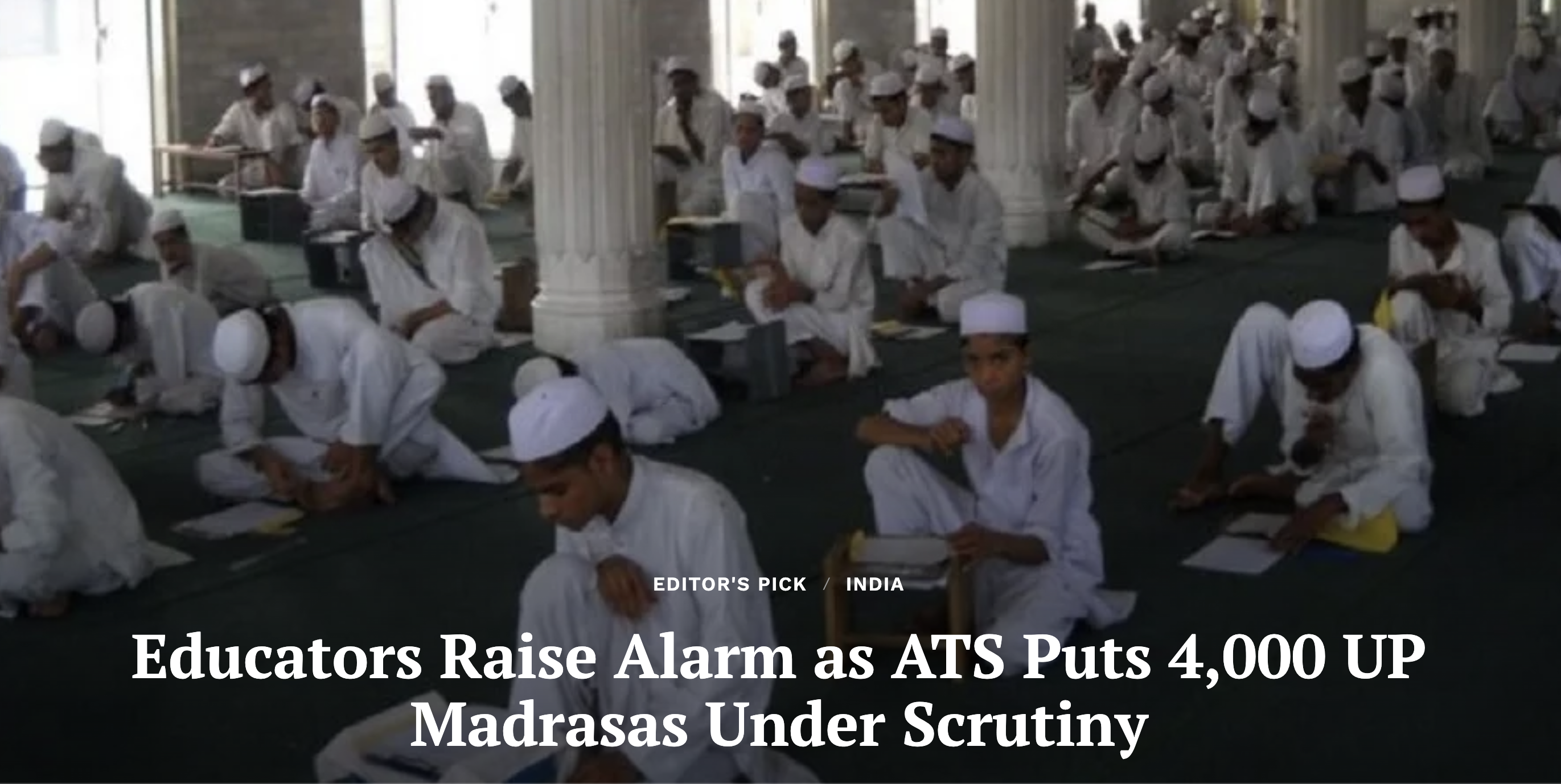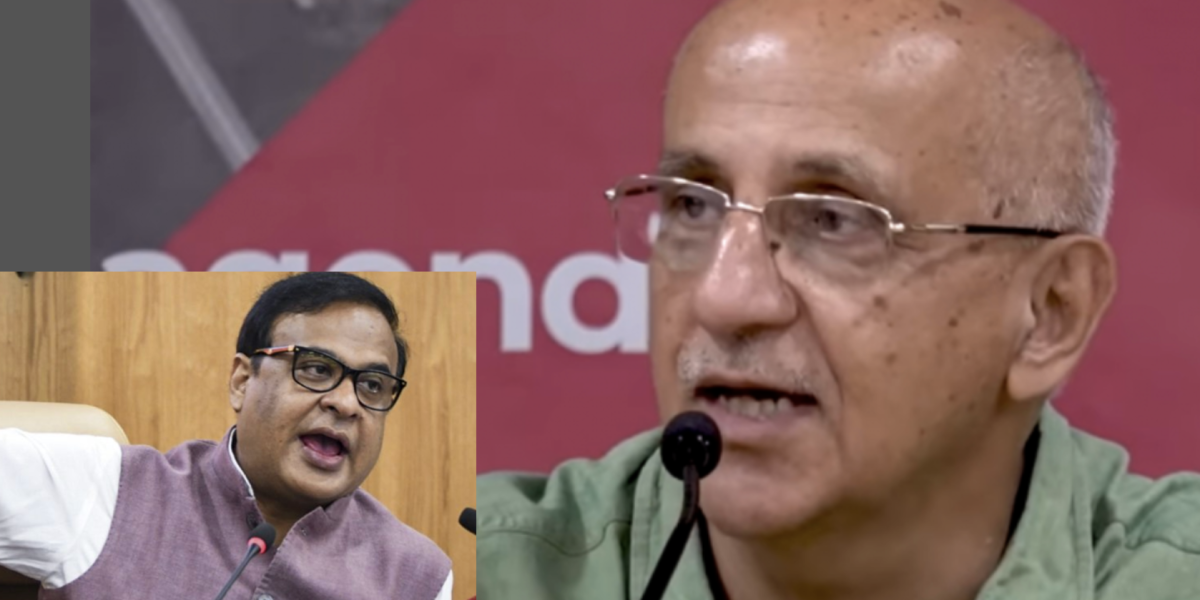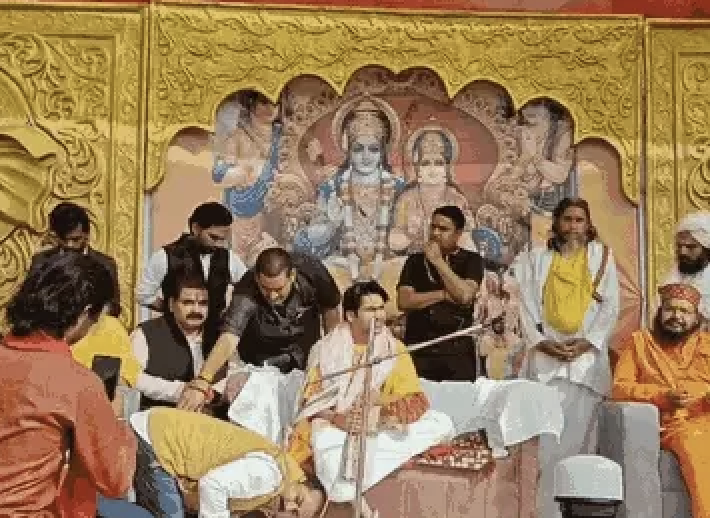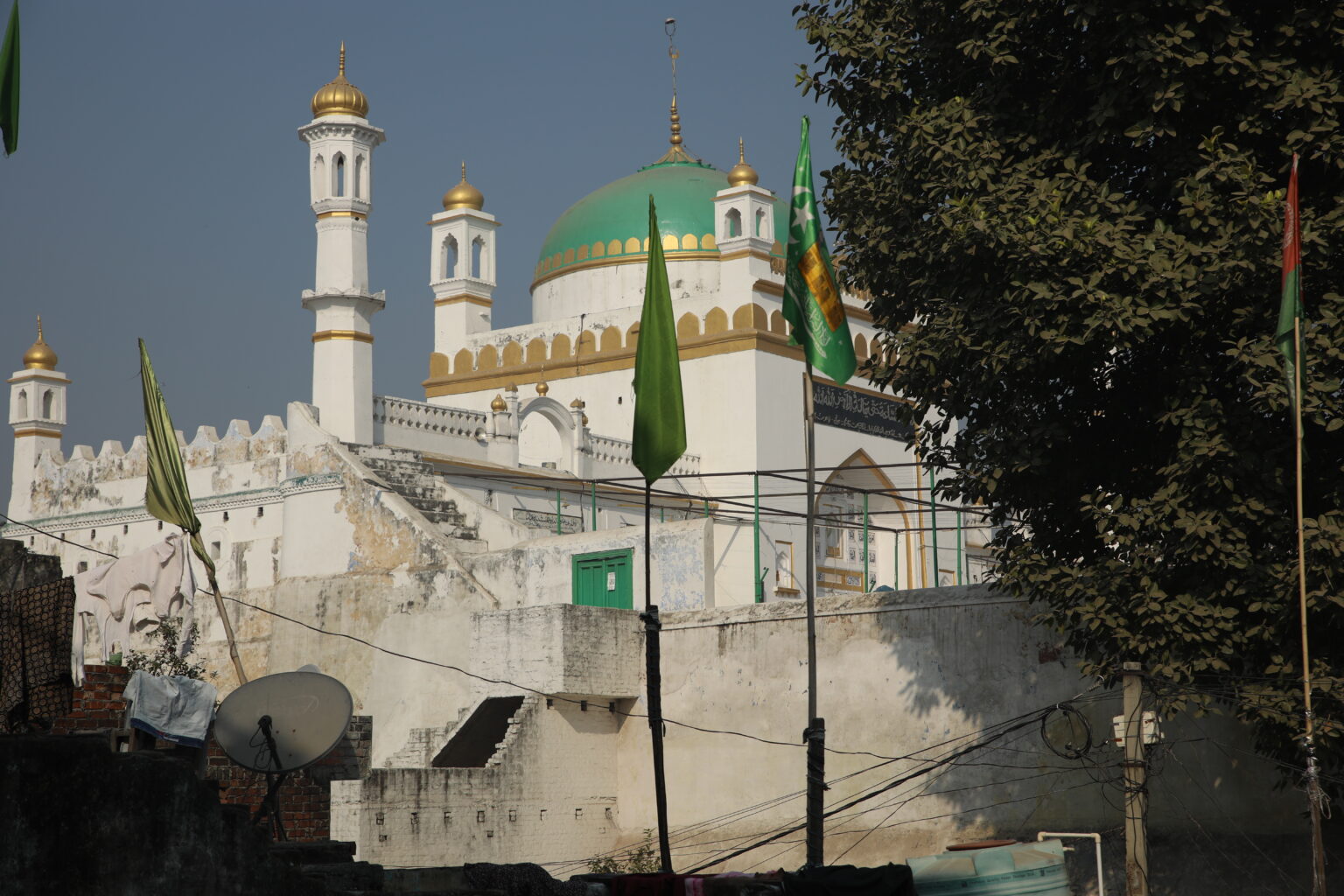
A court in Chandausi, Sambhal district, Uttar Pradesh, has scheduled a hearing on July 21 on a plea seeking to ban namaz prayers at the Shahi Jama Masjid, a 17th-century mosque claimed by petitioners to be built on the site of the Harihar Temple.
The plea, filed by Simran Gupta, cites the mosque’s “disputed status” and seeks a prohibition on Islamic worship there. The petition was recently admitted by Civil Judge (Senior Division) Aditya Singh.
The legal challenge follows heightened tensions after the Allahabad High Court dismissed a petition by the Shahi Jama Masjid Committee, allowing a fresh survey of the mosque premises to proceed. This ruling has been viewed by many in the local Muslim community as a setback for communal harmony and justice.
The Shahi Jama Masjid has long been a center of Muslim worship and religious education. However, in recent years, right-wing Hindu groups have asserted—without credible archaeological evidence—that the mosque was originally a Hindu temple named Harihar Mandir. These claims, initially spread through social media, prompted a local court to order a survey of the mosque grounds in November 2024.
That survey triggered violent clashes resulting in five deaths and injuries to several police officers. Eyewitnesses reported stone-pelting from both sides but accused certain groups of coming prepared for violence.
Local shopkeeper Mohammed Ashraf described the chaos. “We are being punished for protecting our mosque. This is not justice. This is cruelty.”
Following the violence, police arrested 96 people, mostly Muslims, and registered an FIR against over 2,700 unidentified persons. A Special Investigation Team (SIT) submitted a 1,100-page charge sheet naming 22 individuals, including Samajwadi Party MP Ziaur Rahman Barq as an alleged mastermind. Barq denies these charges and questions the selective nature of the probe, pointing out that prominent Hindu figures implicated by eyewitnesses were omitted.
Local schoolteacher Razia Sultana expressed the frustration of many Muslims. “Why are Muslim leaders always blamed? The facts don’t matter anymore, only our religion does.”
The mosque committee had sought a stay on further surveys, citing the tragic consequences of the earlier attempt. The Allahabad High Court’s refusal to halt the survey has intensified fears within the Muslim community of being unfairly targeted through legal means over disputed historical claims.
Advocate Shariq Mahmood, representing the mosque, said, “We provided documents proving the mosque’s centuries-old status. Yet the court dismissed our petition as if our history means nothing.”
This story was originally published in theobserverpost.com. Read the full story here.


